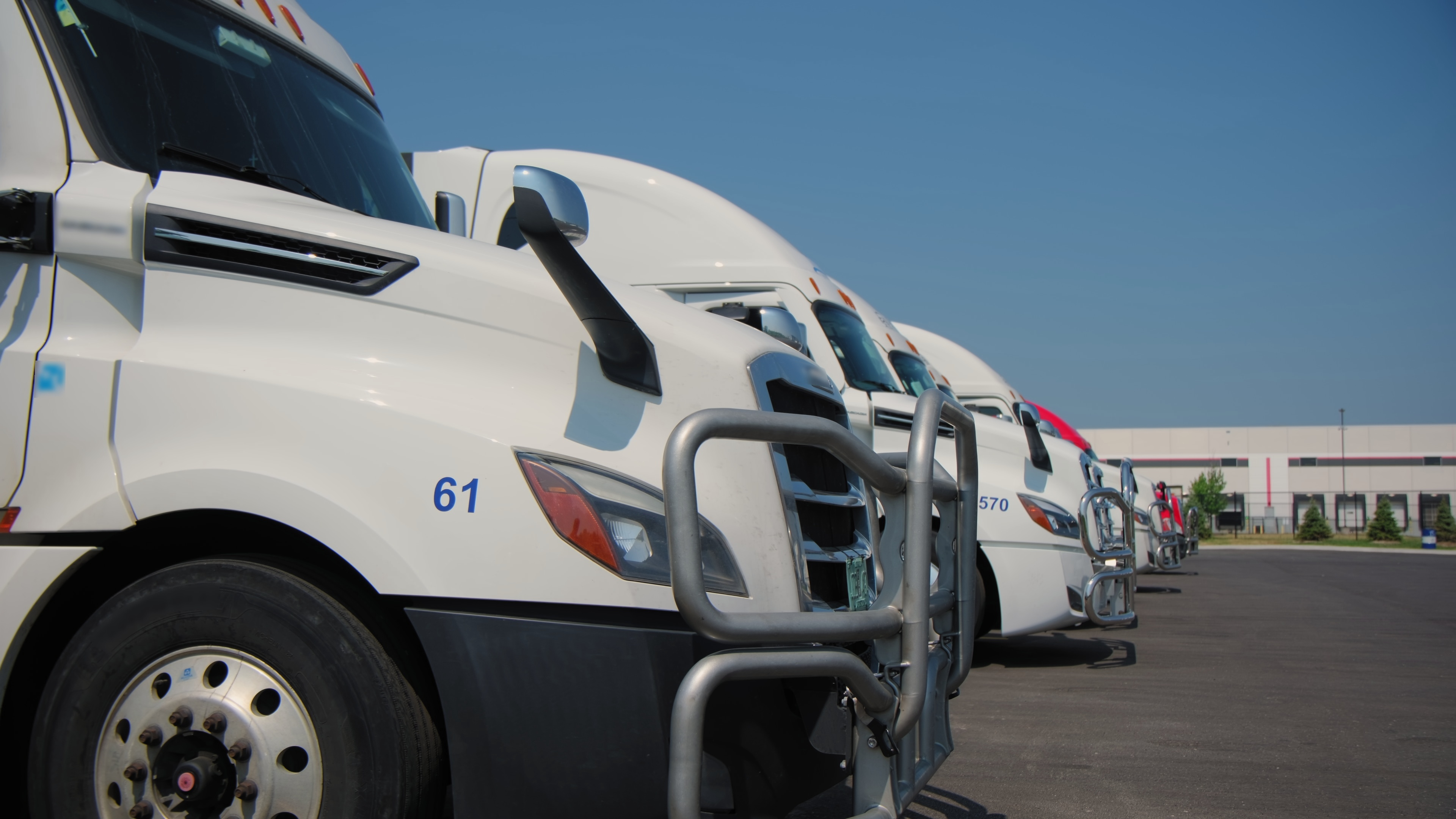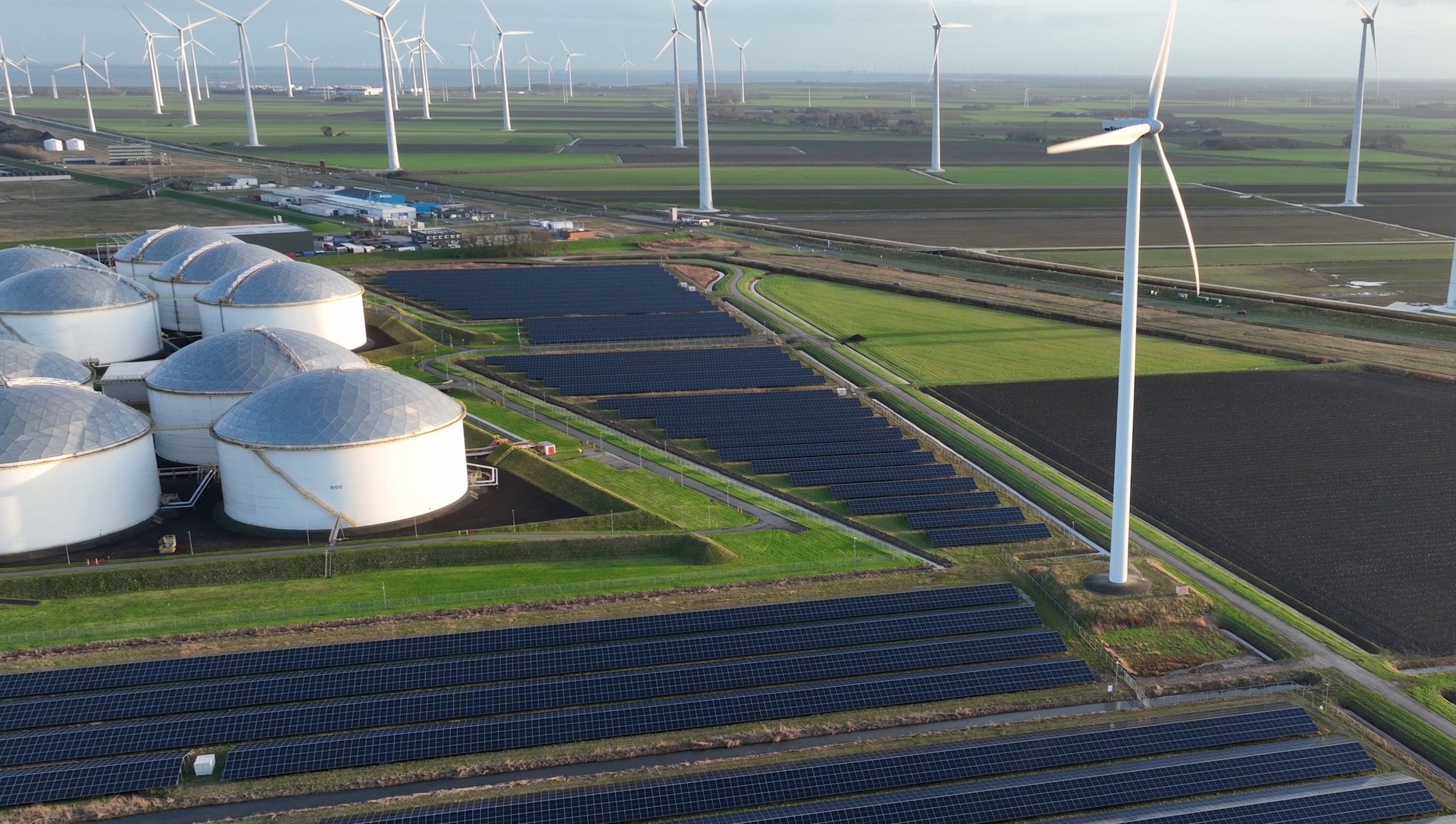
Fuel delivery is evolving with data-driven logistics, cleaner energy options, and digital monitoring tools that keep fleets running without interruption. These 2026 trends are reshaping how businesses manage fuel supply and operational uptime.

As operational costs rise and time becomes a competitive advantage, businesses are rethinking how they refuel. On-site diesel delivery has rapidly evolved from a convenience to a necessity—helping companies keep fleets productive, reduce waste, and gain control over their fuel logistics.

Sustainability is no longer just a corporate initiative—it’s an operational mandate. Across industries, companies are seeking cleaner, more efficient energy sources to reduce emissions and meet ESG goals. Renewable diesel and ultra-low-sulfur fuels are emerging as the most effective ways to balance environmental responsibility with performance.

When operations can’t stop, fuel supply becomes more than logistics—it’s lifeline management. Hospitals, data centers, transportation fleets, and construction sites depend on uninterrupted power to function safely and efficiently. Mission-critical fuel delivery ensures that when infrastructure fails, energy keeps flowing.

1. Understanding Fuel Hedging Fuel hedging allows businesses to lock in fuel prices for a set period—shielding operations from market spikes. By combining fixed-rate agreements with flexible purchasing strategies, companies can secure predictable budgets and avoid surprise expenses. 2. Why Procurement Strategy Matters Procurement isn’t just about buying fuel—it’s about timing, transparency, and leverage. A strategic sourcing model ensures consistent supply while optimizing cost-per-gallon. Summa Energy’s procurement team monitors market trends and negotiates long-term contracts that balance stability with flexibility. 3. Data-Driven Decision Making Using analytics and historical pricing data, modern fuel managers can identify trends, measure price sensitivity, and plan purchases more effectively. Summa’s digital dispatch and reporting tools give clients real-time visibility into cost fluctuations, allowing proactive adjustments. 4. Benefits Beyond Cost Control Smart procurement also supports sustainability goals. By combining renewable diesel and ultra-low-sulfur blends in procurement planning, businesses can reduce emissions while keeping budgets predictable. Strategic buying strengthens both financial and environmental performance.